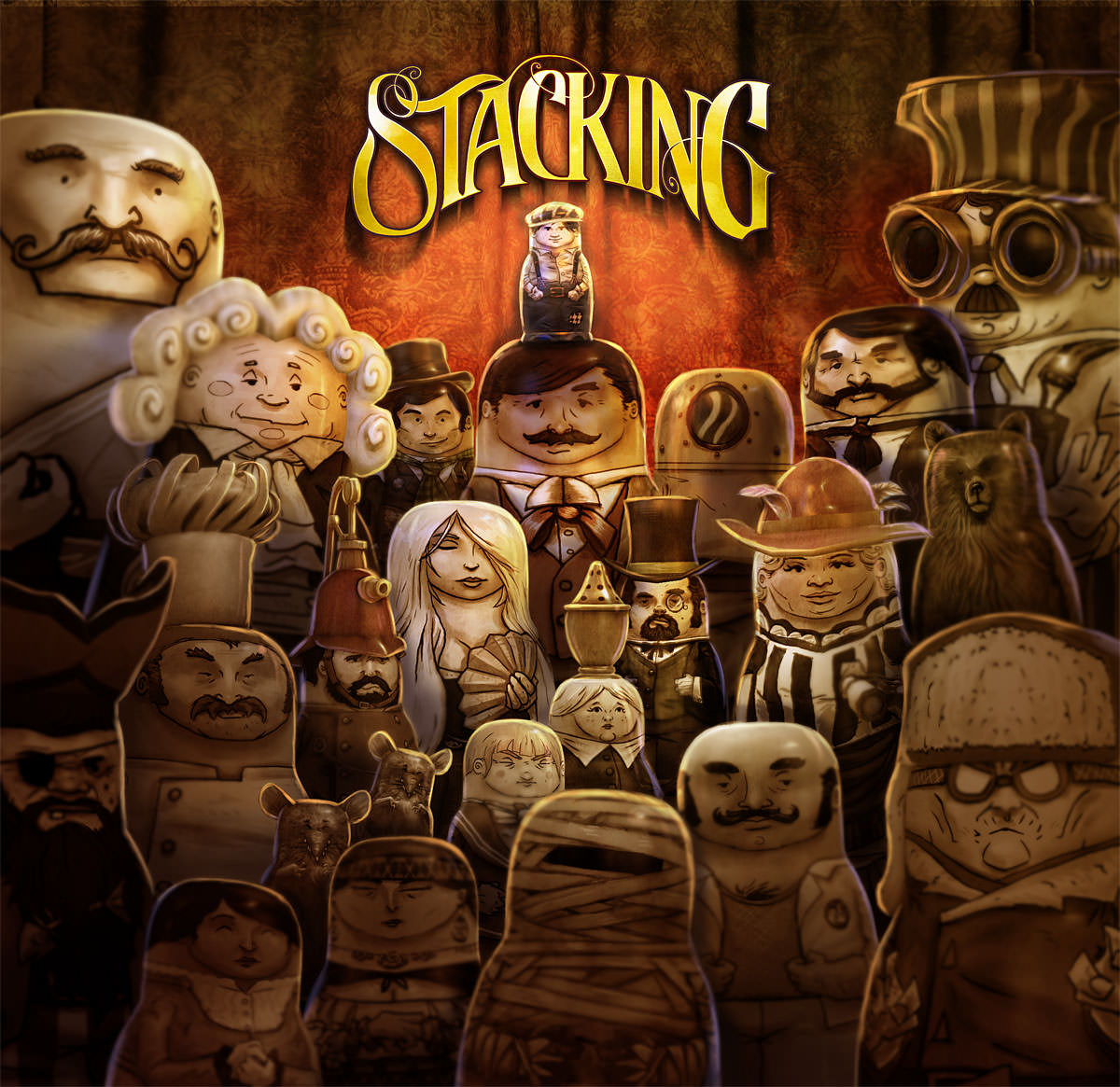I've got an announcement to make. It's pretty big. So, I hope everyone is sitting down
because this is pretty darn exciting. Are you ready? All right, here it goes: JODIE FOSTER IS SINGLE!!
....
 |
| Of course, there are a few who don't go in for tomfoolery no matter how much booze is flowing. |
Okay, so apparently someone actually
beat me to that one in a bizarre Golden Globes speech. The same thing happened
when I wanted to announce that Ricky Gervais is an
immature scoffer who thinks he’s God’s gift to humor (well, except that he
doesn’t believe in God). Get a bunch of movie and TV stars together and get
them drunk, and suddenly nothing’s off limits.
 |
| Pictured: Nook edition. |
Still, I did promise you a big
announcement. So how’s this one? Emaline’s
Gift is now officially available for Nook!
I apologize to all of you who have been breaking your back converting those
mobi files (that’s what Kindle
uses) into epub format (that’s for the ol’ Nooksters) just so you can have your
Magi Chronicles on your Nook
or Nook
Color or Nook
HD or Nook
HD+ or iNook
or Nook
Fire or Nook
& Cranny. I never intentionally meant to exclude customers who like to
go and shop for e-readers in brick and mortar stores, mind you. It’s just that
I have a Kindle and Amazon gives authors a little bit of extra incentive to
stick with them exclusively so I start there. Think of it as a timed exclusive,
since everyone loves those so much when video game companies do them. Oh, don’t
worry. Emaline’s Gift is still
available via
Amazon for your Kindle (and in
paperback, exclusively through Amazon at the moment), but now we can
welcome all of you into the exciting adventures of the magi!
We’re celebrating in a couple of
different ways (and stay with me if you don’t have a Nook because we’ve got a
lovely gift for you as well). First, Emaline’s
Gift will be available on Nook for the special, introductory sale price of
$1.99! That’s half what the Kindle version goes for—but it’s only for a short time,
so if you have a Nook and you want to party, zip on over to Barnes and Noble and scoop a copy up.
Now, please note that I’m posting this blog on January 25, 2013 and the sale
price is good as I write these words. I make no promise of later sale price,
blah, blah, blah. Sorry, Kindle folk. No sale for you, but given that the book
has been free for you (which isn’t something that Barnes and Noble readily
offers) and it was just on sale for $.99 last month, please stop complaining.
 |
| In this blog post, the role of my wife will be played by Last Resort's Daisy Betts for no particular reason whatsoever. |
Anyway, like I said, there is a little
treat here for everyone. I’m a bit ashamed to admit that, when I was writing
this book, I tried to get my wife to read it but she wasn’t willing to. Why
not? I guess you’d really have to ask her. I kept plugging away at the story,
of course, but I got to the point where I stopped asking her about it.
Until I wrote Chapter 18.
Now, let me say that most of the
chapters for this book are pretty short. That’s just the rhythm and structure
that seemed to work best for this story. There are 69 total, so Chapter 18 puts
us almost one quarter of the way through the book. Are there spoilers below?
Yes, but nothing too major. Basically, if you know for a fact that you’re going
to read the book, then go ahead and get it and read it instead of the rest of
this post. But if you’re on the fence, then keep reading. If you know anything
about the book (and hey you may not) then you’ll already know that Emaline gets
kidnapped by the evil obeah at some point. What you probably don’t know is that
the good guys, the Christ-following magi, end up taking some of the bad guys
hostage as well. They’re trying to figure out how to get Emaline back safely,
but the location of the obeah base is secret. Elena, a teenage girl and one of
the magi, is sent down to talk to Brutus, one of the obeah. That brings us up
to speed.
 |
| Following this logic, let us credit God with Van Gogh's masterpiece Starry Night... |
I liked this chapter. I thought it was
pretty good—which is something, you understand, that I give God all the glory
for (a good rule of thumb is to praise Him for anything that’s really good in
my work, but blame me for anything that falls short). So I went to the missus
again and begged and pleaded with her to just read this one short chapter. She
relented, and this one chapter inspired her to read the rest of the story, as
well as everything else I’ve written since. Yes, that even means that she’s
read most of my new book, The Savvy
Demon’s Guide to Godly Living, and will finish reading it before you even
get a glimpse! Who says marriage doesn’t have its privileges?
| ...but Adam Sandler gets all the blame for Billy Madison. |
If this one chapter could even make my
wife a fan of the book, I thought I’d go ahead and share it here. There will
naturally be references that those of you who haven’t read the book won’t get.
But I can think of a pretty solid solution for that dilemma. Without further
ado, then, let me present Chapter 18 of Emaline’s
Gift:
Emaline's Gift
Chapter 18
As Elena proceeded down the dimly lit
hallway, she had to force herself to remember that she was not alone. Yes, the
Holy Spirit accompanied her, and “yea, though I walk through the valley of the
shadow of death, I will fear no evil for Thou art with me”—but also,
practically, Aaron and Micah were nearby and prepared to intercede if need be.
| There will be no funny pictures for the rest of this blog so as not to detract from the story. |
She passed the prayer room and
continued down the hall to another stairwell and down another floor. The rooms
down here had been converted to holding cells just in case, although Elena had
never seen another time when they had been used. Violet was locked in one and
Brutus in the other. They had not been mistreated, but they were not free to
let themselves out and move around the Abbey.
Elena passed the first and second
doors and stopped in front of the third. She reached to the top of the door
with her left hand and brought it slowly down to the floor in a manner that
Emaline would have recognized. A line of orange light remained briefly where
she traced with her fingers, and then there was a click and the door opened
automatically. Elena hurried inside and closed the door behind her.
Brutus was lying on the bed, perhaps
napping but not fully asleep, and he stirred as soon as he heard the door. He
sat up quickly and looked with surprise at Elena.
“What are you doing here?” he asked.
“I came to talk to you,” she said.
Brutus narrowed his eyes. “By
yourself?”
“No,” said Elena quickly. “Aaron and
Micah are nearby. They’re keeping an eye on me, just to make sure you don’t
hurt me.”
Brutus considered this, then nodded.
“I won’t hurt you. Where’s Violet?”
“She’s locked up, too.”
“She’s got to be mad.”
Elena shrugged. “I haven’t been to
visit her.”
Brutus was quiet for a moment, but he
seemed to appreciate the company. He bit his lip. “I tried to make a portal.”
“It won’t work down here. You must
have similar precautions in place wherever the obeah meet.”
“Probably.”
Elena hesitated. Then she took a few
tentative steps toward the only other furnishing in the room: a small table
with a Bible sitting on it. “Would you like to come sit with me? We can talk.”
“Oh, I get it,” Brutus said, even as
he started to obey. “Send a pretty girl in to interrogate me and hope that I’ll
give you secret information? I’m not that stupid.” Still, he sat across from
Elena, and seemed amiable enough to be there.
“That’s not what I wanted to talk
about,” Elena said, and it was the truth. When Aaron had explained his plan to
her, he had been very clear.
“Our greatest goal regarding Brutus is
that he turns from his sin and embraces Jesus Christ as his Lord and Savior,”
he had told her. “Nothing is as important as his salvation. Period. You must
conduct yourself in accordance with that. Don’t deceive him, don’t lead him on
and don’t take advantage of him, because these things will come back to bite us
in the end when it pushes Brutus further from the faith. Balthasar is praying
that the Holy Spirit will stir in Brutus’ heart and that he will want to make a
change. Micah and I will be watching just in case you need us, but we’ll be
praying too. Yes, we want to find out where Emaline is being held and yes we
want to rescue her, but right now your primary aim is to share the love of
Christ with that boy.”
Just before they had parted company,
Aaron had added, “Of course, if Brutus puts his faith in Christ, I hardly think
he’ll keep the secrets of the obeah anymore. That’s just a bonus.”
Brutus, meanwhile, squinted in
disbelief. “That’s not what you want to talk about? Really? You don’t want me
to tell you where Simon took the little brunette girl?”
Elena smiled. “If you care to share, I
won’t say no.”
“Tough chance.”
“Well, that’s up to you. Like I said,
it’s not what I wanted to talk about anyway. Tell me something, Brutus. Do you
think you’ll go to heaven? If you had to guess?”
Brutus’ jaw dropped slightly. This was
clearly not the topic of conversation he had anticipated. Still, he quickly
recovered and responded, “There is no heaven.”
Elena’s brow furrowed. “No heaven? Can
you be so sure?”
Brutus shrugged. “Julian says that
this life is all there is. He says that people only invented heaven because
they’re too scared to admit the truth.”
“Julian says that?”
“Yeah.”
“And you’re going to take his word for
it? On such an incredibly important topic?”
“What’s so important about it?”
Elena paused for a moment, not because
she wasn’t sure what to say next, but because she was genuinely surprised that
her words were coming so easily. Aaron had told her this might happen, but she
had never shared her faith like this before. She felt a sort of power, like she
felt when fighting the obeah. The same power that produced fire and lightning
from her fingertips was now moving her tongue, showing her what to say.
“Think about it, Brutus. Let’s say
that Julian was wrong, just for a moment, and that heaven really does exist.
How do you get there?”
“I dunno. Being a good person or
whatever.”
“Okay. Now, why do you think that?”
Brutus shrugged.
“See, Brutus, for me, it’s not good
enough to just guess as to whether there’s a heaven or how to get there. I’m
not going to take Julian’s word for it, or Aaron’s word for it, or anyone
else’s word for it. I’m going to find out for myself whether I believe there’s
a heaven or not, and then I’m going to spend the rest of my life doing
everything I possibly can to get there. We don’t get that long on earth, and
heaven is forever, so if there’s anything I can do, anything at all, even if it
takes my entire life, then it’s worth it,”
Elena said. “Does that make sense?”
Brutus looked at her with a peculiar
expression on his face. He took several seconds before answering.
“That...does make a lot of sense. And
Julian always says that logic and reasoning are really important to the obeah.”
“We’re not anti-reason.”
“But Julian still says that heaven
can’t be real. People are just an evolutionary accident and all that. That’s
what Sophia says, too, and Daeva and Violet and—well, everybody.”
Elena nodded. “Right, sure, that’s
what some people think. But tell me this, Brutus: who’s the oldest in that
bunch? Sophia? It’s got to be Sophia or Julian, right?”
“Yeah. One of them.”
“And they’re what? In their forties?
Is that about right?”
Brutus screwed up his features in
concentration, then shrugged again. “I guess so. I never asked.”
“And I’m sure they wouldn’t appreciate
it if you did. Especially Sophia. You just don’t ask ladies questions like
that. But my point is this: you respect them, and you value their opinion and
there’s nothing wrong with that. But you’ve got maybe a little more than 130 years of experience between the four
of them. Julian, Sophia, Daeva, Violet. Less than 150, anyway. Now, that’s a
lot, but God’s much older.”
“They say that God—”
“Isn’t real. Yeah, I know they do,”
said Elena. “But He’s still a lot older. He’s infinite. He’s been around
forever. In fact, His Word, the Bible, has been read and believed by millions
and millions of people for thousands of years. That’s been around a whole lot
longer than Julian and Sophia, and I think there’s a reason it’s been around so
long. Does that make sense?”
“It sounds like it does.”
“Sure it does. Now all I’m suggesting
is that we at least take a look and see what God has to say about this whole
heaven thing. That’s all. You decide what you think about it, but let’s see
what His take is.
After all, this is far too important
an issue to leave up to a couple of people who’ve barely cleared forty, no
matter how much you like them. This is something that’s important enough for
you to look at the different options, and the evidence, and choose for
yourself. Don’t you think?”
Elena rested her hand on the Bible and
Brutus looked down at it. He hesitated.
“The Bible isn’t allowed. I’ll be in
big trouble if I look at it,” he said.
“Really?” said Elena. “What are they
scared of?”
“I dunno.”
“Being scared of a book...is that
really logical? Is that reasonable?”
“I guess not.”
“Then let’s see what God has to say,
shall we? Just to see?”
Brutus paused just a moment this time,
then nodded his head. “Yeah. Let’s see.”
“Great.”
Elena opened the black hardcover
Bible. She showed Brutus red letters and black letters. She told him stories,
and showed him what God said about heaven, hell and what happens after death.
After a half hour of reading together, Brutus found a new world opened up to
him. After another fifteen minutes, he didn’t want to stop.









